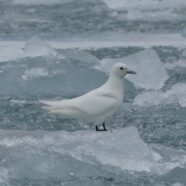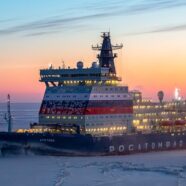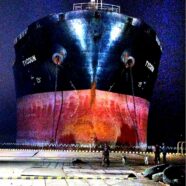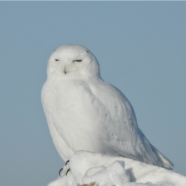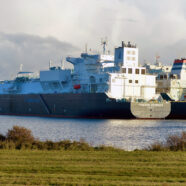“Shipbreaking” #70, the International Shipbreaking Show
Voyage between Worse and Better
“Shipbreaking” # 70
(pdf 92 pages – 16.2 Mo)
1 April – 30 September 2023
91 sources – 270 photos
“On the Trail” n°39, the defaunation bulletin
“On the Trail” n°39
the defaunation bulletin
(pdf, 192 pages – 6.7 Mo)






